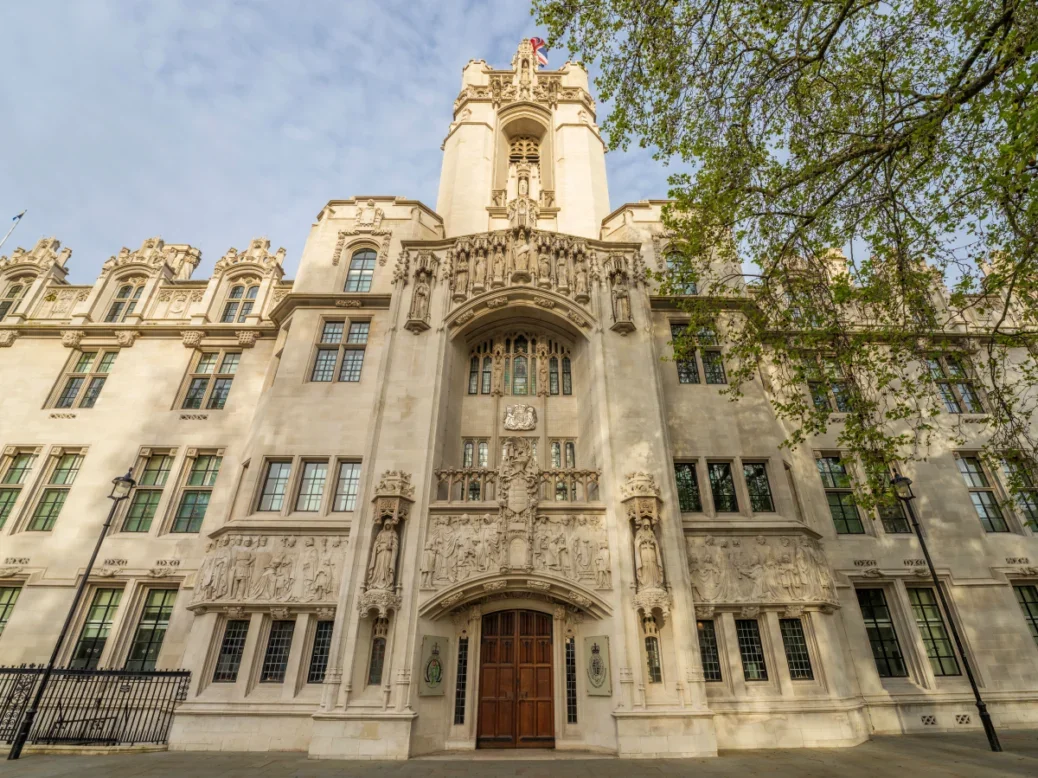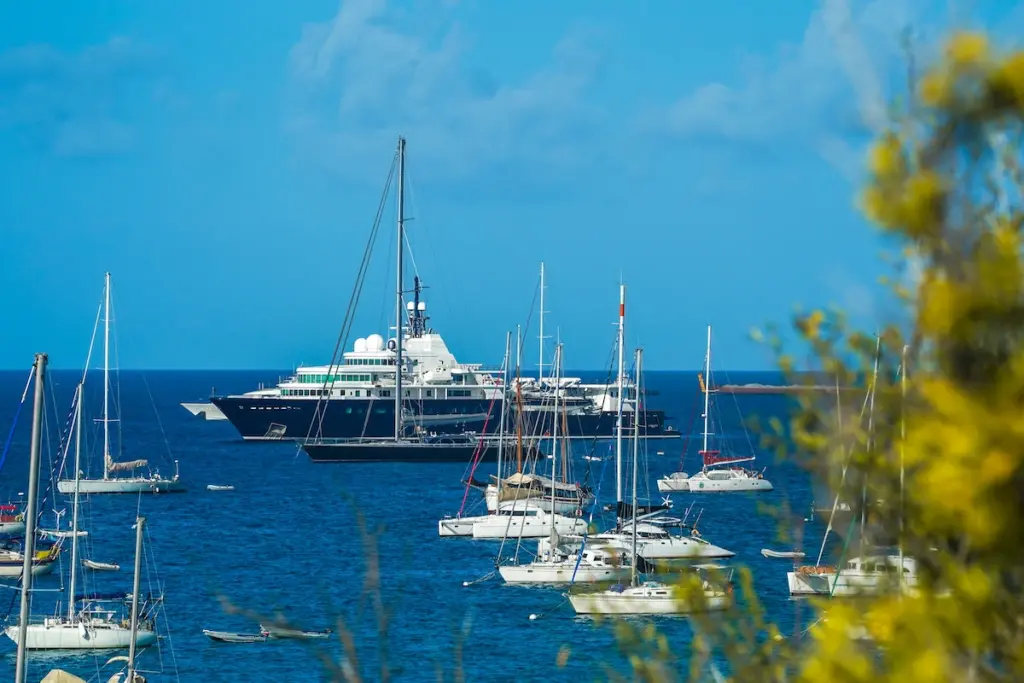
Soviet-born tycoon Eugene Shvidler, a long-time business associate of sanctioned oligarch Roman Abramovich, has failed in his attempt to overturn UK sanctions.
The Supreme Court ruled that the government acted lawfully in imposing sanctions on Shvidler, who formerly held senior positions at oil company Sibneft.
The challenge was widely seen as a test case for HNW Russians demanding that sanctions imposed by the UK government in the wake of the Kremlin’s Ukraine invasion be dropped. The failure to overturn London’s decision represented a ‘huge blow’ to sanctioned Russian billionaires hoping to use the UK courts to roll back restrictions, lawyers said.
At the start of the year, around 1,700 individuals and entities were under UK sanctions.
[See also: What less Russian money and oligarchs leaving would mean for London]
The billionaire was born in the Soviet Union and holds citizenship in the UK and the US, but not Russia. His lawyers argue that he has not visited Russia for more than 15 years and has no political ties to the country. As a result, his lawyers say, the UK government has no right to sanction Shvidler and freeze his assets.

But on Tuesday, a majority decision of four Supreme Court justices to one found that ‘the effectiveness of a sanctions regime depends on it being tough.
The judgment stated: ‘Sanctions often have to be severe and open-ended if they are to be effective. The object of the designation in relation to Mr Shvidler is that he should so far as possible be disabled from enjoying his assets and pursuing his wealthy lifestyle.’
[See also: UK ‘discriminating against rich Russians’, says international lawyer]
The judges added: ‘We accept that [the government’s] evidence establishes that there is a rational connection between the designation of Mr Shvidler and the aim of this sanction … as the courts … correctly recognised in Mr Shvidler’s case, the effectiveness of a sanctions regime depends on the cumulative effect of the measures imposed under that regime. The imposition of sanctions in relation to Mr Shvidler contributes to that cumulative effect.’
Lord Leggatt disagreed with the majority’s decision that the sanctions were lawful in a 20-page dissenting judgment, describing the actions against Shvidler as ‘Orwellian’ and arguing the government’s reasons did not justify ‘such a drastic curtailment of his liberty’.
Commenting on Shvidler v Secretary of State for Foreign, Commonwealth and Development Affairs, Maia Cohen-Lask, partner at Corker Binning, said: ‘Designated persons and their lawyers have long been arguing that it cannot be right to sanction someone if their individual designation does not, or even cannot, help achieve the aims of the Russian sanctions regime, namely, persuading Putin to end the war in Ukraine.’

She said the judgment was ‘a huge blow not just for Mr Shvidler but for any person who has been sanctioned despite their lack of any links to the Putin regime’.
Leigh Hansson, partner at Reed Smith, who has team have advised on over 6,000 sanctions cases since the start of the war in Ukraine alone said the case ‘struck at the heart of the UK’s foreign policy’.
‘The sanctions imposed on Shvidler were intended to ‘send a signal’, so had they been struck down, the government would have suffered a legal, foreign policy and PR loss,’ Hansson told Spear’s.
She added that the judgment should not be read as providing the government ‘carte blanche to designate individuals and businesses’, but it does preserve‘ the Secretary of State’s wide latitude to set sanctions policy including in instances where these sanctions are used as a tool in support of a wider goal’.
‘The most high-profile court challenge to the UK’s sanctions regime has now reached the end of the road and although it may not be the last, the Court’s ruling has raised further what was already a high bar for success,’ she added.
Shvidler said: ‘This supreme court judgment brings me back to the USSR, which I left as a stateless refugee 36 years ago, seeking sanctuary in the US. Back then, individuals could be stripped of their rights with little or no protections and that is how I feel about this judgment.’
In a statement, Shvidler’s lawyer, Michael O’Kane, senior partner, Peters & Peters: ‘I suspect that in time this judgment will only be remembered for the extraordinary dissenting judgment from Lord Leggatt. One of our most able and independent judges, he carefully and in detail decimates the government’s case, describing parts as “repugnant”, “Orwellian”, “flimsy”, “unjust”, “irrational” and based on “armchair theories”. He also issues a call for judges to step more into the ring to protect the rights of individuals from such exercises of state power by stating: “If the courts are not prepared to protect fundamental individual freedoms, even in a case like this, the right to a judicial review…is of little worth”. Everyone interested in individual rights should read his judgment, as it is for the ages.’
Russian F1 driver Nikita Mazepin has also been subject to an asset freeze and travel ban, and like Shvidler, has claimed there is no evidence he backed the Kremlin’s war. Last year, he successfully overturned European Union sanctions imposed against him as a response to Russia’s invasion of Ukraine and is challenging the UK sanctions, which remain in place.






